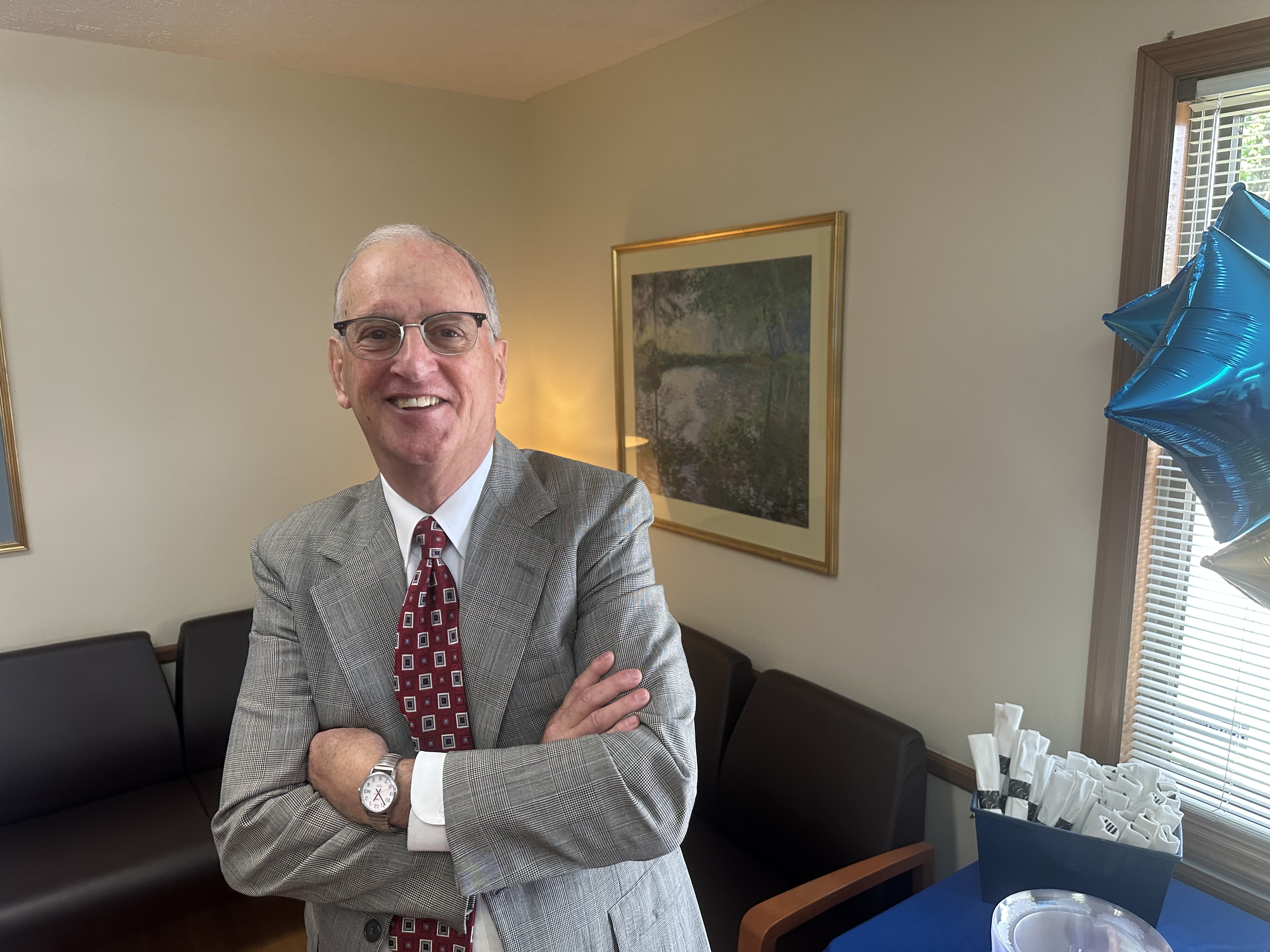CCHD active in promoting breast cancer awareness
Published 11:30 am Tuesday, October 1, 2024
|
Getting your Trinity Audio player ready...
|
As Clark County Public Health Director, Becky Kissick is no stranger to understanding the unfortunate prevalence of breast cancer.
“In 2024, we’re estimating that more than 360,000 people will be diagnosed with breast cancer,” she said. “For me, that’s always a staggering number.”
However, Kissick and the Clark County Health Department staff are not one to sit still when confronting challenges.
One way they do so is by participating in the federally funded Kentucky Women’s Cancer Screening Program.
“This is a program for women 21 and older who either meet or are below the…federal poverty level and do not have any form of insurance,” acknowledged Jennifer Burchett, a clinical nurse administrator with the Clark County Health Department. “With this program, a woman can receive her pap smear and a mammogram through the Health Department, and we will pay for that service.”
As Kissick notes, advocating for such a program – particularly as Breast Cancer Awareness Month is recognized in October – will hopefully reap many rewards.
“One of the things we know is early screening and early detection makes such a difference in long-term outcomes,” she said. “That [survival] rate for breast cancer is estimated to be about 99 percent when caught early. We want to encourage folks not only on the program and its accessibility but also on the importance of early screening and detection.”
For Kissick, whose mother was diagnosed with breast cancer when she was younger, the matter is also a personal one.
“At that point in time, there wasn’t a whole lot of general discussion about breast cancer…it was not really something that was discussed and addressed, so it seemed very, very scary,” she said. “I think that what we’ve seen over the course of even the last 10+ years is that it has become a very normal topic of discussion..we recognize that this is an important women’s health issue.”
As such, having conversations about preventative services with both older and younger generations is deemed beneficial.
“For me, that’s been really the most rewarding and fulfilling piece,” Kissick said.
Burchett added that—while it can be frustrating to see the Kentucky Women’s Cancer Screening Program not utilized as often as one might hope—the development of quicker accessibility to information has been rewarding.
“I remember when it took a while to get a mammogram scheduled, and then you had to wait to get something in the mail to tell you the results. You were on pins and needles for two weeks,” Burchett said. “Now, [there] are a lot of places where you can walk in and get your mammogram…you’re not waiting two weeks to get the results. That fear factor should be less now than it was many years ago.”
The Clark County Health Department acknowledges that breast cancer – while more commonplace among women – can also affect men.






